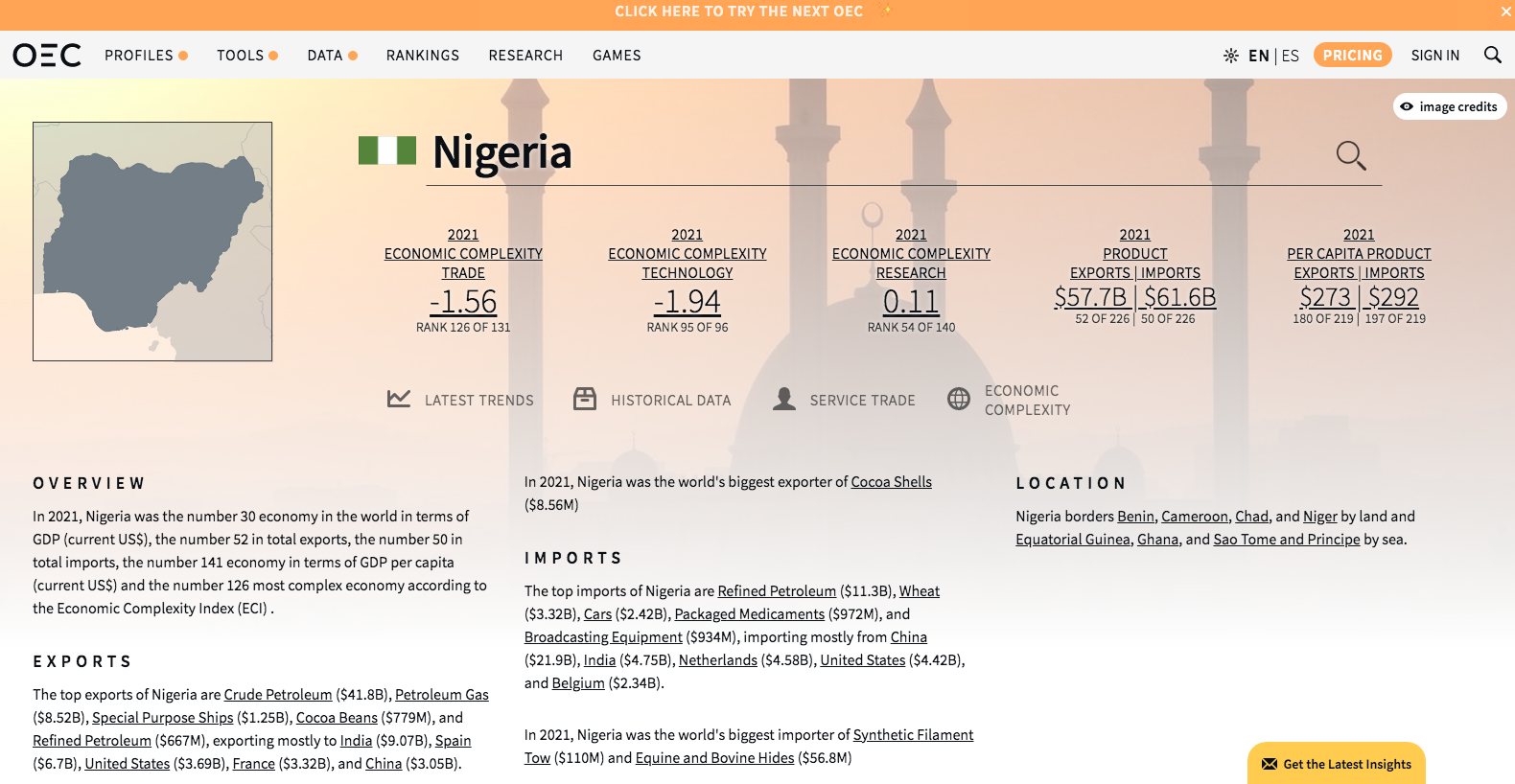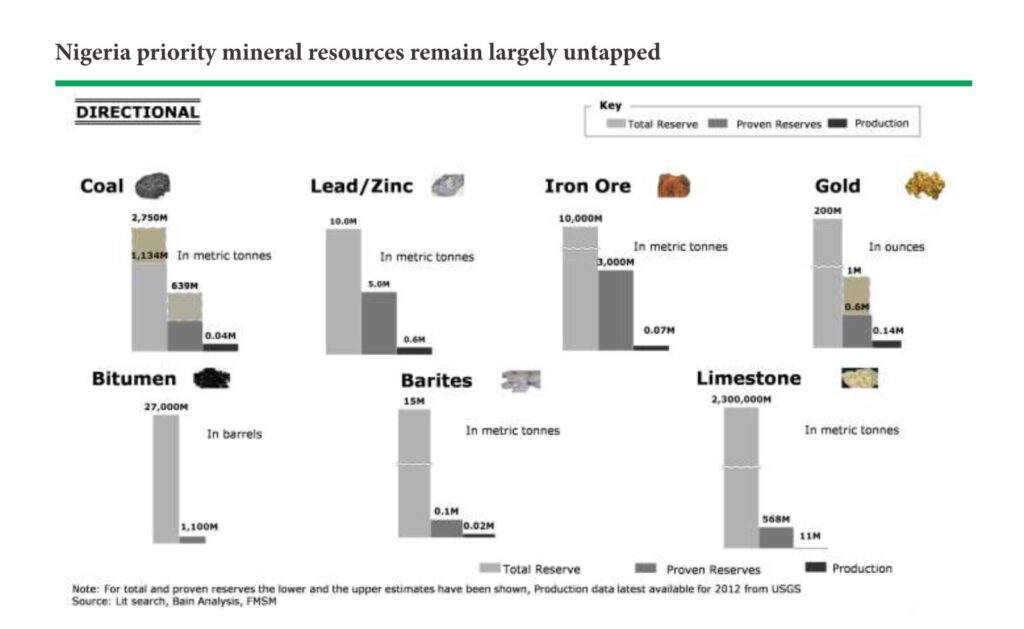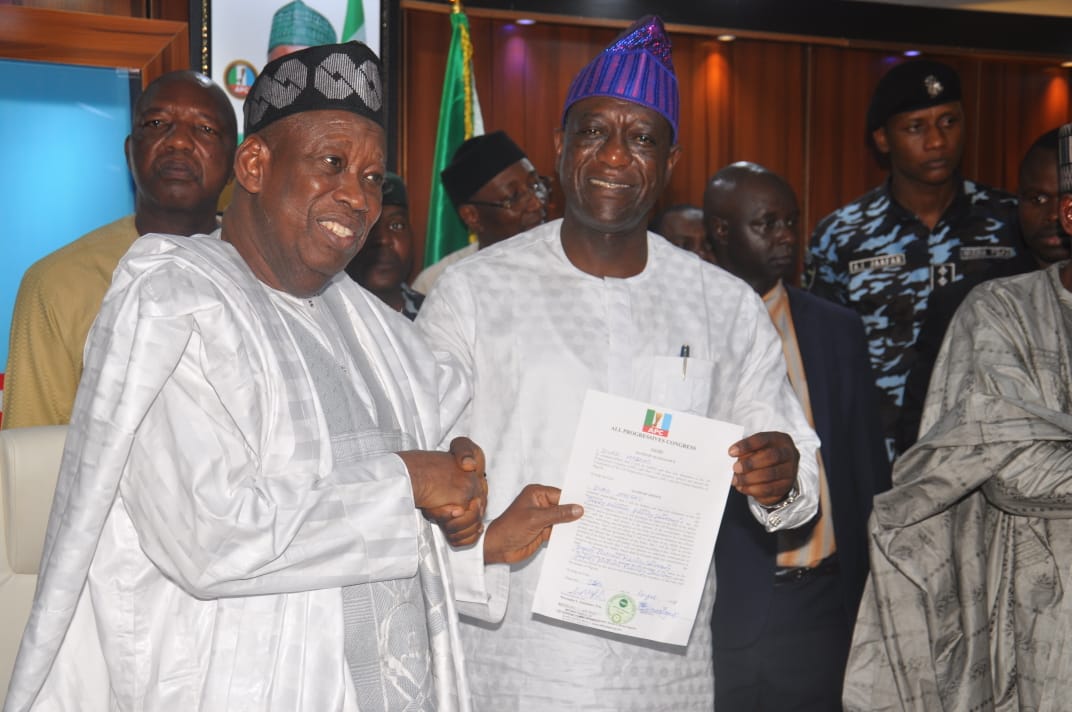Illegal miners in Osun
Photo: Samad Uthman/ICIR
Nigeria’s wealth is often described in clichéd expressions like: “We are blessed with natural resources”. But that is the reality. According to the United Nations (UN), Africa is home to about 30 per cent of the world’s mineral reserves; and on the continent, Nigeria ranks second as the country with the most revenue from mineral resources, raking in about $53 billion per year.
Among the nation’s vast reserves, the Ministry of Mines and Steel Development lists gold, one of the oldest precious metals known to humans, as a strategic mineral. But despite the country’s global recognition for having a vast deposit of solid minerals, the mining industry has only grown at a snail’s pace.
Mining in Nigeria is at a crossroads. A mining roadmap by the Nigerian Economic Summit Group (NESG) says the sector accounts for 0.3% of national employment, 0.02% of exports, and about N400 billion — less than one per cent — of Nigeria’s gross domestic product (GDP). These figures are low, especially given the comparative contribution of minerals and mining to the economies of other countries in Africa like Ghana, Cote d’Ivoire, South Africa, and the Democratic Republic of Congo (DRC).
Experts have cited several factors responsible for the poor performance of the Nigerian mining industry, particularly gold, over the years. Notable among the factors is illegal mining and smuggling.
Advertisement
This usually refers to mining operations that take place without state approval, mining licenses, land rights, or permissions for mineral exploration or transportation usually done across porous borders. Because the sector is so clouded in secrecy, no one exactly knows how yummy Nigeria’s pot of gold is.
ILLEGAL GOLD EXPORTS COSTING NIGERIA BILLIONS OF DOLLARS

Many stakeholders and government officials have raised concerns about the illicit gold activities in the country.
Advertisement
Last week, in an interview on Channels Television’s Sunrise Daily, Femi Falana, a human rights lawyer and senior advocate of Nigeria (SAN), said around $9 billion worth of gold is illegally extracted from Nigeria annually, often transported through private jets.
The SAN said he was quoting Uche Ogah, former minister of state for mines and steel development.
“Annually, $9 billion worth of gold is illegally taken out of Nigeria, according to a former minister, Dr Ogah – through private jets, to put a value to it,” Falana said.
“I’m not talking of lithium. I’m not talking of other resources.”
Advertisement
To ascertain the authenticity of the minister’s claims, the senate committee on solid minerals, mines, steel development, and metallurgy, organised a two-day public investigation hearing.
During the gathering, Mohammed Auwulu, managing director/CEO of Manorda Nigeria Limited, told the panel that Nigeria loses N100 million weekly and over N500 billion annually from gold smuggling. Manorda also did not provide proof to back up his stance.
Perhaps, their assertions were drawn from statements made by former President Muhammadu Buhari, who, in June 2021, said the country lost about $3 billion to gold smuggling between 2012 and 2018.
In simple terms, the former president said the country lost $3 billion to gold smuggling in 6 years, while the Falana-Ogar estimate of 2021 puts it at $9 billion in one year.
Advertisement
Again, in 2021, Ogar was reported to have said Nigeria lost $5 billion to gold smuggling in six years (between 2012 and 2018).
Although Ogar said the government had taken steps towards addressing the problem, it seems illegal gold exports are still thriving in the country.
Advertisement
According to a PricewaterhouseCoopers (PwC) report, in recent times, gold has seen an upturn of fortunes, as government initiatives across the value chain have led to an increase in activities.
The report stated that within the last 15 months, for example, gold exports hit a record high. It estimated that Nigeria exported gold worth N78.9 billion — the highest the country has ever recorded.
Advertisement
“But weak and illegal exports have marred the process,” the PwC report noted.
“The precious nature of the metal makes its value chain susceptible to security challenges, smuggling across porous borders and misalignment of federal and state government interests. Local value addition is also relatively weak.”
Advertisement
GLOBAL GOLD EXPORTS VS NIGERIA

On August 4, the federal government said illegal mining activities are disrupting Nigeria’s $700 billion industry and warned that it played a role in the high unemployment rates.
Although the figures seem high, a comparison with other countries that are top gold exporters raises questions.
In 2021, the Observatory of Economic Complexity (OEC) latest available data shows Switzerland exported $86.7 billion in gold, making it the first largest exporter of metallic ore in the world.
In the same year, Nigeria exported gold worth $157 million and became the 84th largest exporter in the world as the product also became the 14th most exported commodity in the country. OEC said Switzerland was one of the biggest export markets for Nigeria.
In Africa, countries like Ghana have fully maximised their resources, making it the 19th highest gold exporter in the world. Last year, the country recorded a 32% increase in gold production, enabling it to win back the top spot from South Africa as the largest gold producer on the continent.
However, a comparison of gold reserves from Nigeria and Ghana shows a remarkable difference from different sources.
While CEIC data says Ghana’s gold reserves stand at 1,000.000 metric tons, the global database says Nigeria’s reserves are worth $1,406. A conversion of Ghana’s reported reserves to dollars stands at $1,351.
Another report by Business Insider Africa showed that Nigeria has a gold reserve of 21.37 metric tons while Ghana holds 8.74 metric tons of gold.
NESG, on the other hand, pegged the country’s reserves at 200 million ounces (nearly 6,000 metric tons) but has seen little production and even less export.

While different sources of data have held distinct positions on the value of gold between Nigeria and Ghana, Africa’s much-acclaimed gold hub, all available data corroborate that Nigeria holds a higher reserve than its West African counterpart and is one of the largest in Africa.
That Nigeria loses $9 billion annually to gold smuggling may sound outrageous as there is no verifiable data to back such a claim. But one thing stands out. The country is losing a lot of revenue to the illegal activities of gold smugglers. If the country exported gold worth $157 million in one year, how much more would it earn if the smuggling is curtailed?
Add a comment






